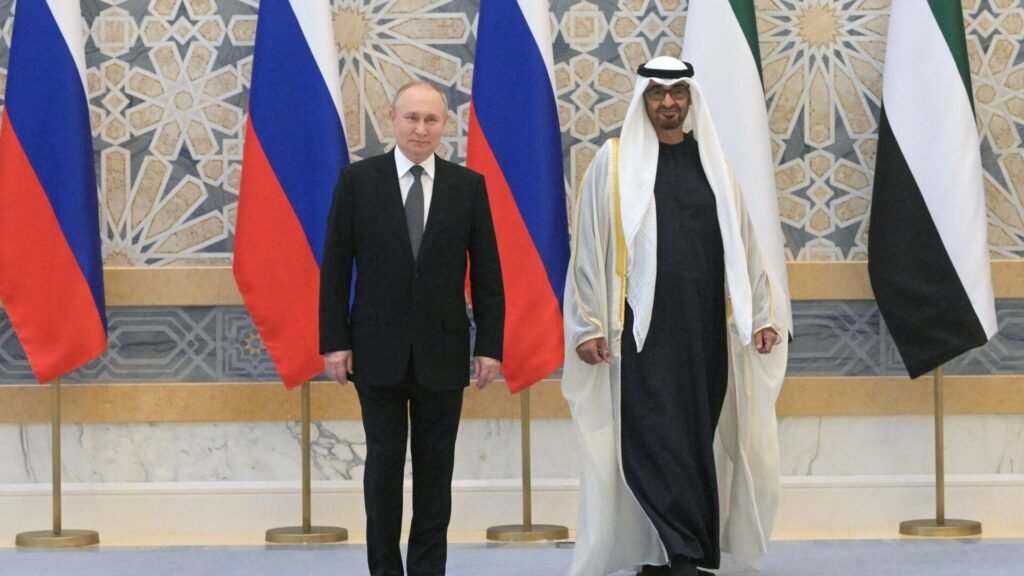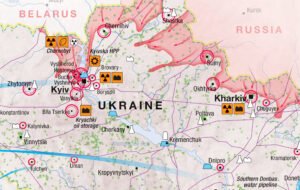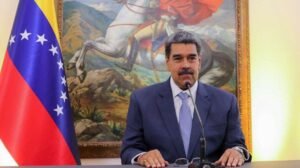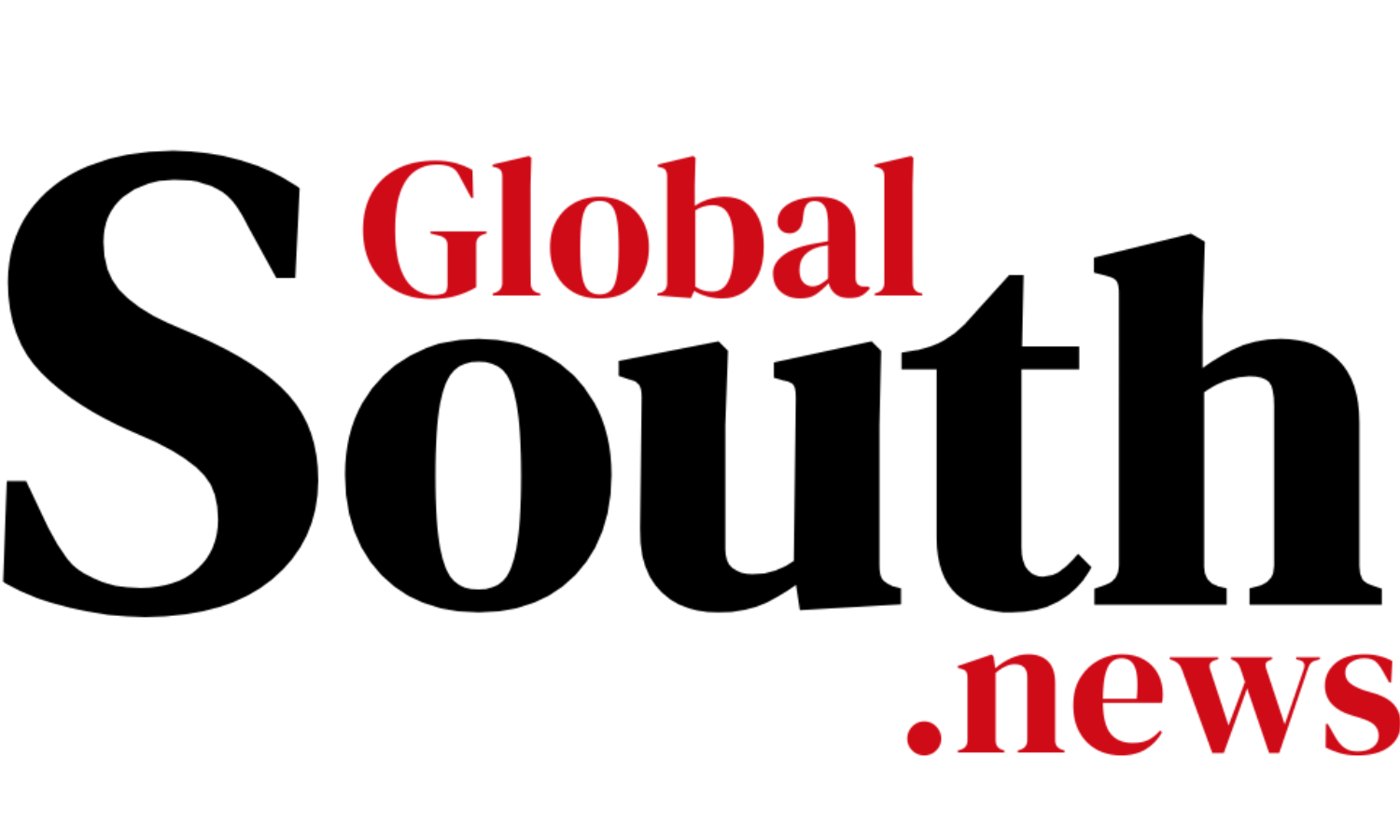
Russia is significantly deepening its strategic and economic cooperation with the Gulf Cooperation Council (GCC) states, marking a notable shift in global geopolitical alignments. This intensified partnership spans various sectors, including energy, defense, trade, and investment. Moscow views the Gulf states, particularly Saudi Arabia and the UAE, as crucial partners in stabilizing global oil markets through the OPEC+ alliance and as pivotal nodes in its efforts to forge stronger economic links outside of the Western sphere.
A primary driver of this enhanced relationship is collaboration on energy policy, where Russia and Gulf producers work closely to manage output and prices, demonstrating a high degree of mutual trust and shared interests in the global oil domain. Furthermore, trade volumes are increasing, and discussions are ongoing regarding technology transfer and joint investment funds. The cooperation also extends to security matters, with increased dialogue and potential arms sales, reinforcing Russia’s presence in a strategically vital region.
This burgeoning alliance is politically significant, representing a challenge to the traditional dominance of Western influence in the Gulf. By strengthening ties with Moscow, the GCC states are diversifying their foreign policy and security partnerships, asserting greater strategic independence. For Russia, these relationships provide vital economic and diplomatic support amid Western sanctions, solidifying its position as a major non-Western player capable of forging powerful alliances across the Middle East.
Sources: Sputnik








